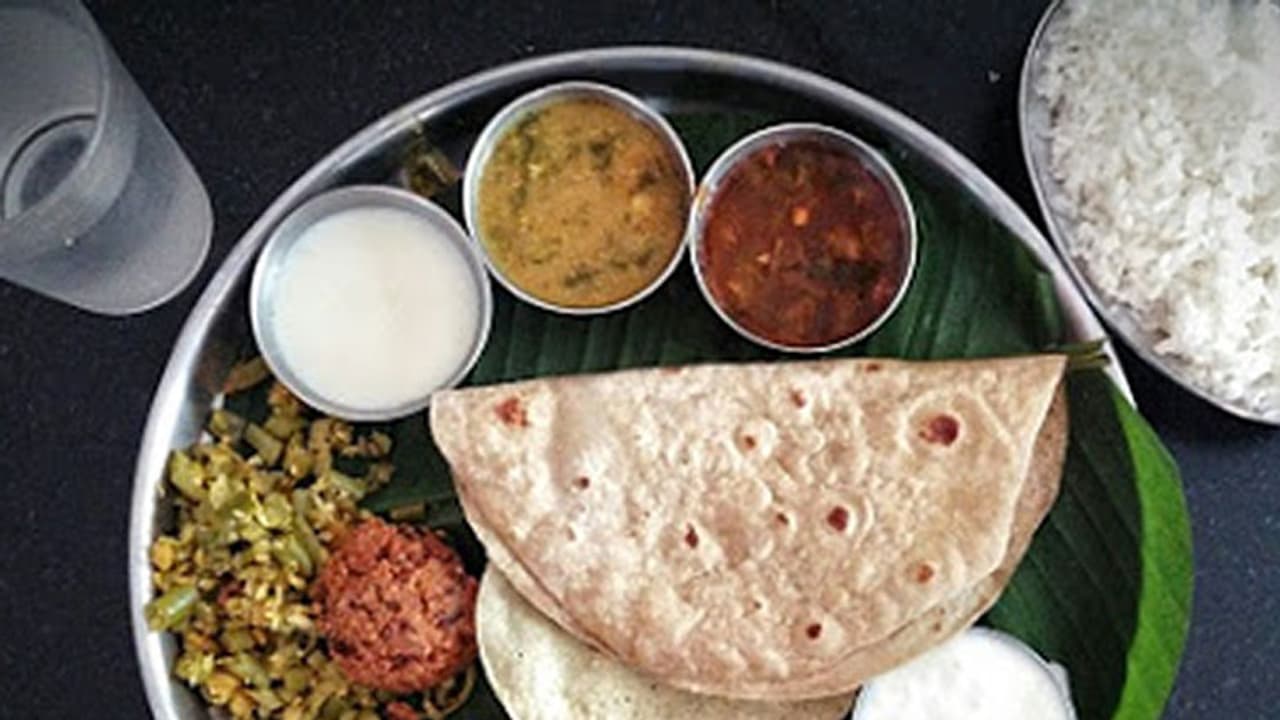Earlier crash diets were the fad but now intermittent fasting is gaining the approval of weight watchers club Is eating one meal a day a safe and effective way of losing weight? Find out the what doctors have to say and what goes against this fad diet
Wedding in the family, beach vacation, trip to the amusement park plans that require you to be at your very best. Apart from the incessant planning that goes into the travel and expenditure there is another part which deals with you. How will you look? Is your body ready enough to fit into that fine tuxedo or lehenga? Is your body swimsuit ready or do you have a beach bod? Can you and your summer dress hit it off at the amusement park? Questions, questions, galore and the quick fix that most of us fall back on is – crash dieting and intermittent fasting.

Earlier crash diets were the fad but now intermittent fasting is gaining the approval of weight watchers club. Its gaining popularity because it allows you to eat whatever you eat and does not require you to cut out your favourite food from your diet or follow some 20 different other dietary restrictions.
Introducing the new star on the block – one-meal-a-day. We are sure most of us maybe already doing this diet owing to busy schedules, laziness and in general non-availability of food. Only thing it now has a name to it as a fad diet.
The concept is simple, it means getting your daily calories, nutrients and energy from one meal a day instead of the 3-5 small meals a day you may follow.
What this diet does is restrict your calories with one meal ensuring that your body is continuously burning fat. If you are eating regular meals then those calories are used as energy but when you take away that steady source, then the body is forced to use the fat you store in the body.
Sounds too difficult? Well, in some cases, you’re allowed to eat one or two small snacks during the day in addition to your one meal, such as a piece of fruit or a high-protein food, like a hard-boiled egg, after a workout. You’re also allowed liquid no-calorie beverages, such as water, coffee, and tea. Most people choose dinner, so they fast all day long and consume all of their calories for that day within that one meal.
So here’s what doctors have to say on the one-meal-a-day diet:
Dr Xand Van Tulleken, who studied medicine at Oxford and has a degree in public health from Harvard, published a book on How to Lose Weight Well diet and recipes, wherein he explains why he eats one meal a day. He says: “My personal experience is that fasting works well much of the time. I have a nine-to-five job for quite a bit of the time in which I teach and do research. I start the day with a cup or two of black coffee and then eat all my calories in the evening in a big, tasty meal.I don’t have to exercise much restraint on that meal and I finish it feeling full and happy. When I’m trying to lose weight, I’m going to have to be hungry some of the time, so I’d rather spend the day thinking about a hearty dinner and not wondering why I’m hungry.”
The pros
A two-year follow-up study comparing intermittent fasting to daily calorie restriction reported that intermittent fasting can be a helpful treatment approach for those with prediabetes or insulin resistance.
Restricted eating has also been shown to help with memory in older individuals and may even help increase life span by reducing the processes that can cause disease.
Those on this one-meal-a-day diet have also claimed that it can help increase energy, avoid the “afternoon slump,” and keep you full longer.
*Most of these studies were done on men because for women diets are bound by factors like menstrual cycles, pregnancy, breastfeeding and menopause.
Why you should be wary of this one-meal-a-diet
Intermittent, alternate-day, and other forms of fasting diets can lead to negative side effects such as:
- extreme feelings of hunger
- shakiness
- fatigue
- brain fog
- feelings of weakness
- inability to concentrate
- binge eating
- can make you emotional or irritable
Note of caution:
Fasting should be avoided medical conditions, such as diabetes or hypoglycaemia.
